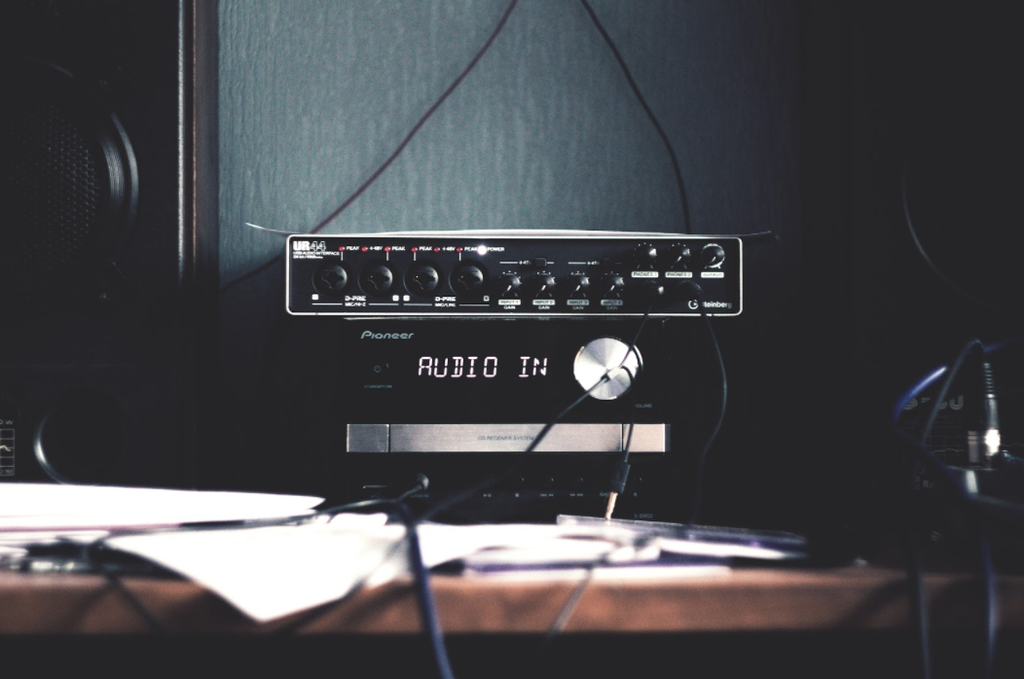Okay, fine. Maybe learning a new language isn’t 100% fun 100% of the time. Like learning anything else, it can be really frustrating at times – especially when you feel like you are losing momentum. Guess what, that’s valid! You’re not imagining it. Learning a language is much easier when you’re starting out. There are conjugations to practice and new words to memorize, and that’s pretty straightforward. The harder part comes later. It’s normal to feel like you’re slowing down; suddenly it’s less about learning new material and more about practice, and when you aren’t learning a new list of verbs every week, it can be difficult to remember that you’re still making progress. But don’t give up! Read on for our top tips for breaking through the learning plateau.

Our biggest piece of advice for breaking through the plateau, is to CHANGE. IT. UP! Studies show that switching up the way you take in new information helps you retain it. Think of learning a new language like going to the gym: if you do the same ab workout every day, you’ll see progress at first, but eventually your muscles will get used to those exercises and they’ll stop being effective. But if you have a couple different ab workouts that you alternate between routinely, you’ll be back on your way to that six-pack. Here are three language workouts for you to mix and match next time you are studying:
Visual
This is the most traditional way to study languages, and it’s probably what you have mainly relied on thus far. Now that you’re past studying vocabulary lists and conjugations, though, take it to the next step. Take the reading and writing skills you’ve learned so far and implement them in your day-to-day. Write your grocery list in Japanese! Journal for a while in Italian! Pick up a French translation of a book you love and work your way through it! Search through foreign language books on Amazon or check out a site like Gutenberg or ManyBooks for free downloadable eBooks in a variety of languages.

Aural
Practice listening to your new language. Download audiobooks and podcasts and keep them on while you’re doing the dishes. Make a practice playlist (or use one of ours in Spanish or French!) to listen to on your commute. This type of passive learning can help you make progress without even realizing you’re studying.

Verbal
Oral practice is the sit-up of language learning. Actually speaking a new language is the core of making it through the plateau, so start talking! Our classes focus on a conversational approach for this very reason. But outside of class, there are lots of ways to keep it going. Find a friend who’s trying to learn the same language or who already speaks it, and schedule a weekly coffee date, where you make a pact to speak only in your new language. If the thought of practicing in front of someone stresses you out, you still have options! Try reading that French translation of your favorite book out loud, or singing along to one of the songs on your playlist — just make a commitment to blabber away for half an hour in some way, shape, or form.

A final piece of advice: part of the frustration over “plateauing” comes from no longer being able to reach tangible goals. It’s so satisfying when you hold a stack of notecards in your hand and know that you know the vocabulary on every one of them, or when you can check the subjunctive off your list. These study strategies are more abstract than a pile of notecards, but that doesn’t mean you can’t still use them to track your progress. Commit to an hour per week of conversation, or reading one chapter of that children’s book a night. Then write down your commitment and check it off when you’re done! Soon enough, you’ll be singing along to all those songs on your playlist.
So there you go! Before you know it, that plateau will be in your rearview mirror.
Happy Studying!


 Spanish
Spanish
 French
French
 Italian
Italian
 Arabic
Arabic
 Portuguese
Portuguese
 German
German
 Chinese
Chinese
 Japanese
Japanese
 Russian
Russian